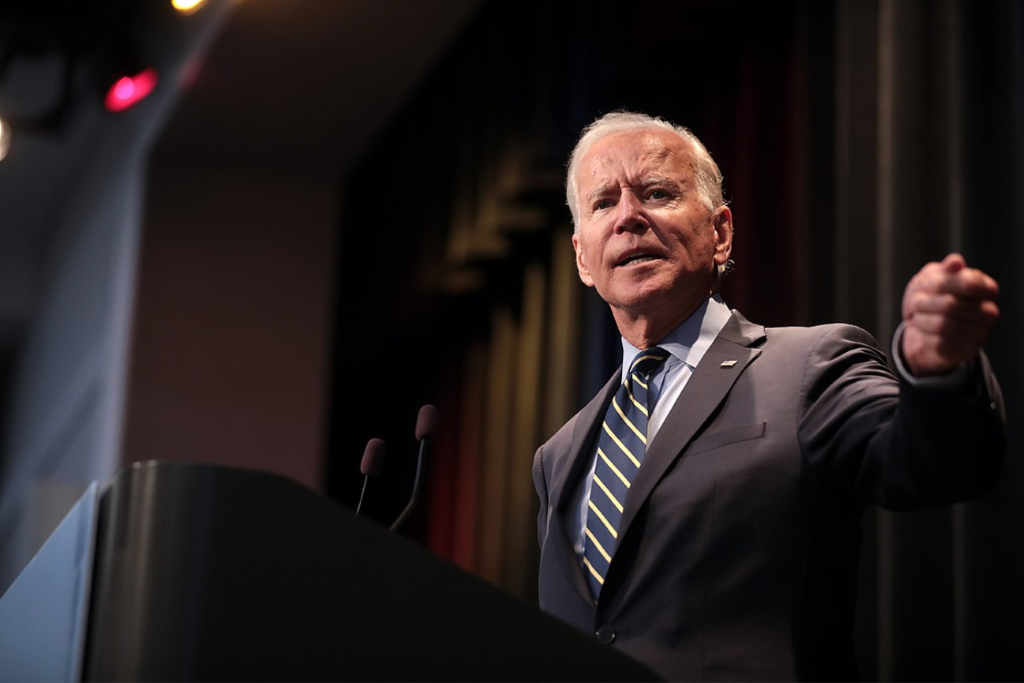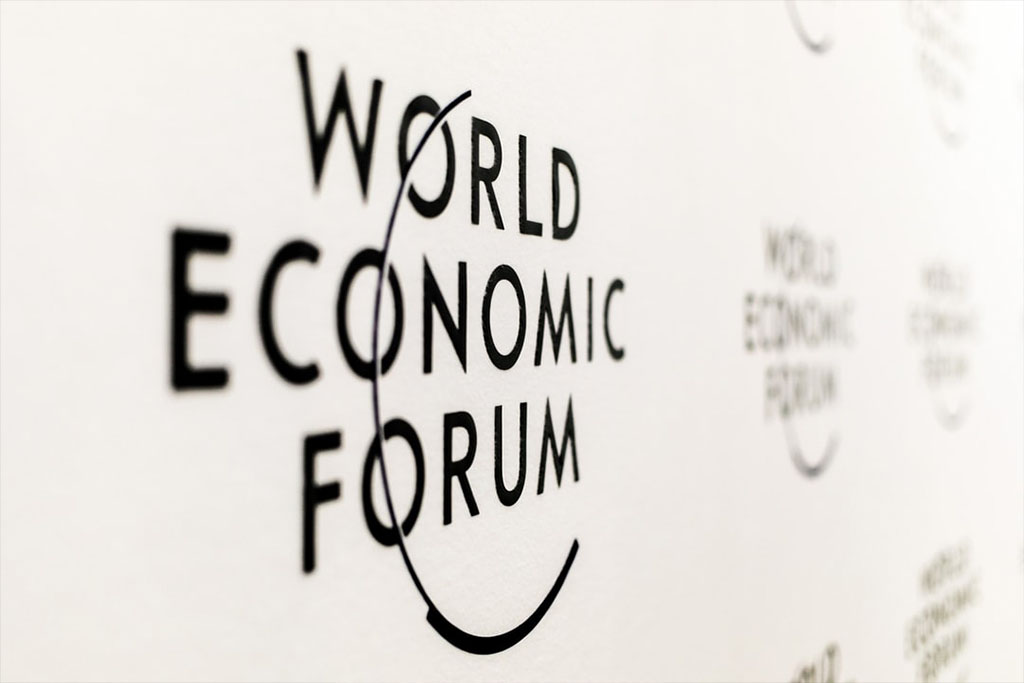This article was originally published on Morning FUTURE here.
The plan being presented by Joe Biden, President-Elect of the United States, for launching the country's recovery after the pandemic and up to 2024 is encapsulated in a very widely used expression: Build Back Better. This is a rebuilding process that will mainly start with the recovery of jobs, which have been reduced by the pandemic, as in the rest of the world, with the main focus on equality and the green transition.

"Make no mistake: America has been knocked down. The unemployment rate is higher than it was in the Great Recession. Millions have lost jobs, hours, pay, health care, or the small business they started, through no fault of their own," it says in the plan presented on the transition website. But this rebuilding process does not intend to "just build back to the way things were before, with the old economy’s structural weaknesses and inequalities still in place. This is the moment to imagine and build a new American economy for our families and the next generation."
Joe Biden is promising a large-scale recovery so as to "create millions of good-paying jobs and to give America’s working families the tools, choices, and freedom they need to build back better".
However, to avoid total collapse due to the pandemic, the president-elect is focusing on providing financial resources to local governments for all essential workers, from educators to firefighters. Unemployment insurance should be given to help all those who are out of work, while a specific package will be provided to high street businesses. Joe Biden is focusing on creating jobs to help fight the pandemic itself, which includes enlisting people through a Public Health Jobs Corps.
“Joe Biden is focusing on developing a specific plan
aimed at bolstering the caregiving and education workforce,
which will help ease the burden of care for working parents, especially women.”
Looking further ahead, Biden aims to bring back to American soil most of the production output of American companies – in the areas of both manufacturing and innovation – "to ensure that the future is made in America and in all of America.," as he says.
According to the plan, this will help ensure that the United States is not dependent on other countries in future crises and build a strong industrial base and production chains which will deliver millions of jobs in the country.
The recovery must also involve the green transition: this is why infrastructures, from the physical infrastructures of bridges, roads and schools to digital ones, will have to meet specific sustainability criteria, targeting an economy based on clean energy and environmental justice.
It doesn't stop there. With the aim of maximising the contribution made by women to the country's workforce, Joe Biden is focusing on developing a specific plan aimed at bolstering the caregiving and education workforce, which will help ease the burden of care for working parents, especially women. In specific terms, the president-elect in tends to make more economically affordable services for providing child care and care for the elderly and people with disabilities, while also increasing the pay of staff employed to provide these services, thereby freeing up millions of people to join the labour force.
Joe Biden also intends to make great efforts to promote social inclusion. In a society like American society, where racial inequalities are still heavily predominant, it is vital to expand the prospects of access to housing, invest in promoting Black, Latino and Native American entrepreneurs, reform the criminal justice system and make the education system accessible to all.
“For communities of colour and for young people entering the workforce,
getting to full employment as fast as possible is critical to their futures and all of America’s future.”
Joe Biden
Joe Biden believes that the minimum wage in the United States should be USD 15 per hour, so that everyone can provide for their families and offer specific opportunities for their children. By passing a Protecting the Right to Organize (PRO) Act, public service workers will be provided with bargaining rights, while the Paycheck Fairness Act will ensure that women are paid equally. Joe Biden is also aiming to pass a universal law on paid sick days and 12 weeks of paid family and medical leave, guaranteed for all.
Build back better also means, according to the plan, "helping small businesses and entrepreneurs come out the other side of this crisis strong, while demanding more from corporate America". In Joe Biden's view, the Trump Administration has provided all the tools necessary to help big businesses prosper, while small businesses have been abandoned and have often been unable to access the types of relief they required. Therefore, Joe Biden's aim is to raise taxes for big businesses, put people and their rights first rather than their shareholders and provide practical assistance to small businesses in the form of specific subsidies.
"Today’s elevated unemployment will mean lower demand, which will mean lower growth for our economy. A robust jobs agenda will increase demand," writes Joe Biden in his plan. "For communities of color and for young people entering the workforce, getting to full employment as fast as possible is critical to their futures and all of America’s future." It's not just about an economic strategy, but about a specific political choice: "Those who argue we can’t afford these investments are the same people who doled out trillions in giveaways to the wealthy and corporations the past three years." Now they’re saying there’s no money left for working families? Joe Biden fundamentally rejects that notion."



